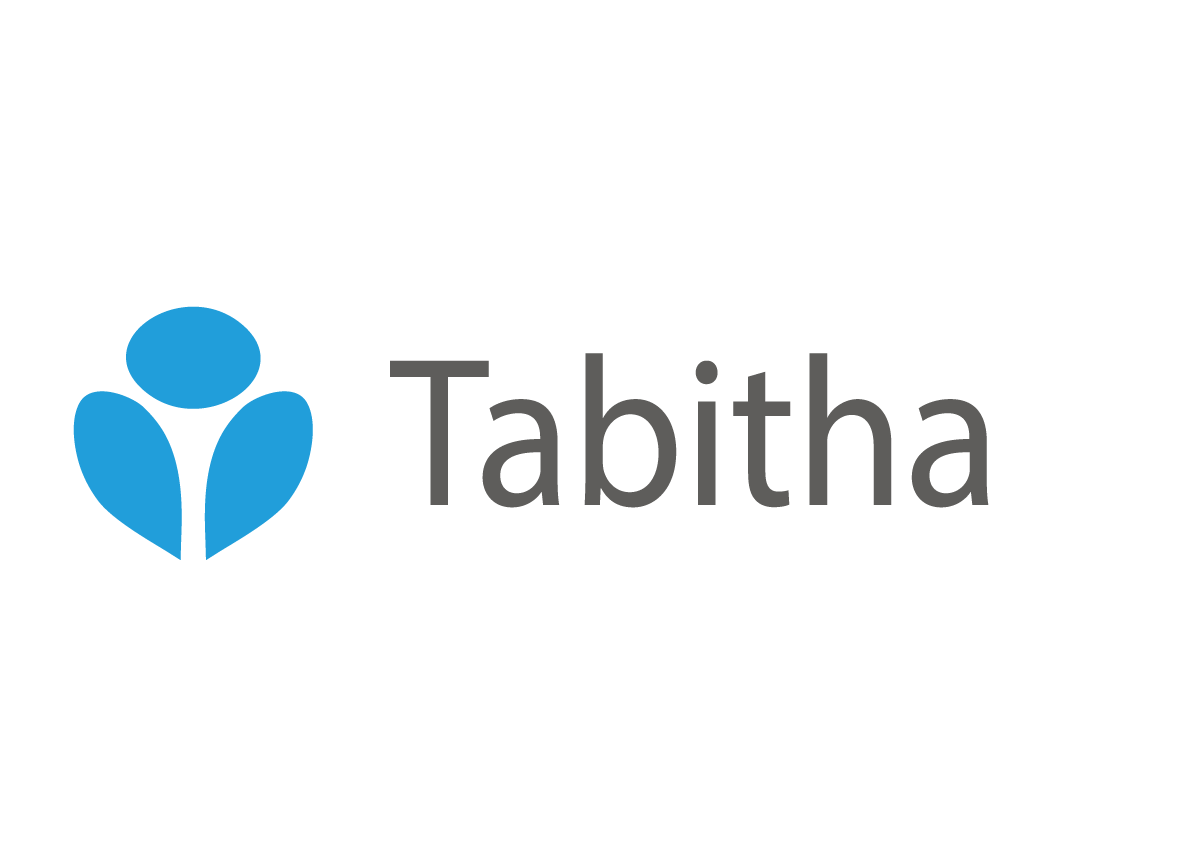-
School Feeding Programs
Mary’s Meals Feeding Program
For several years, through Mary’s Meals, Dorcas continues to conduct a feeding program to provide healthy and nutritional meals for 1,300 children daily. The program is implemented in Antelias Public School, Tabitha’s community center in Aley, and Bourj el Barajneh Palestinian camp. It aims to support the education of Syrian refugees, Palestinian refugees, and Lebanese children by providing a meal on each school day.
Mary’s Meals is a registered charity that sets up school feeding programs in some of the world’s poorest communities, where hunger and poverty prevent children from gaining an education.
WFP School Feeding Program
The feeding program in partnership with WFP aims to provide school meals for students. Providing school feeding has proved to increase enrolment and attendance rates and decrease drop-out rates amongst primary school students mainly because of a decreased financial burden on families and an increased incentive for keeping the children in school. The program is implemented in 3 schools, one in Beirut, one in Tyre, and one in Nabatieh.
The World Food Programme is the food-assistance branch of the United Nations and the world’s largest humanitarian organization addressing hunger and promoting food security.
-
Protection Projects
Mission East Emergency Food Assistance, Protection, and Livelihood Support for Vulnerable Populations in and around Syria
This project is in partnership with Mission East and it aims to reduce food insecurity, protection concerns, and reliance on humanitarian assistance for conflict-affected populations within and around Syria. This objective will be attained through:
(1) Enhanced food security for at-risk populations via food assistance to children.
(2) Protection concerns of female Syrian refugees and Lebanese host community members in Lebanon are addressed through training and legal assistance.
(3) Reduced dependence on humanitarian assistance among Syrian returnees and stayees through improved livelihoods.
In Lebanon, the program will be implemented in Aley and Batroun which are 2 areas that face a major lack of service providers.
Mission East is an international relief and development organization working in crisis-affected countries. They deliver emergency relief during disasters as well as long-term development assistance.
UNFPA Gender-Based Violence/Reproductive Health
A new agreement was signed for a project with the UNFPA Lebanon. This partnership is intended to mitigate and respond to gender-based violence and enhance access to reproductive health services in Lebanon. The program will be implemented in Aley and Batroun.
UNFPA calls for the realization of reproductive rights for all and supports access to a wide range of sexual and reproductive health services – including voluntary family planning, maternal health care, and comprehensive sexuality education.
TDH Child protection support for most vulnerable children
Tabitha continues to work with TDH. The TDH program was renewed by UNICEF for Aley for 10 months till the end of November 2020. The child protection activities are ongoing and target children and women.
The Terre des Hommes International Federation is a network of ten national organizations working for the rights of children and to promote equitable development without racial, religious, political, cultural or gender-based discrimination.
-
Lebanon Blast Emergency
The two explosions that erupted in Beirut on Tuesday, August 4th, killed at least 178 people, with more than 6,000 people injured (as of 13/08/2020). Hundreds have been reported missing in the aftermath of the blast, raising fears that the death toll will rise. According to the local authorities, 300,000 people have lost their homes and the damages have been reported in areas two miles away, where more than 750,000 people live.
In response to knowledge gaps and rising needs, Dorcas/Tabitha with its local partner MSD and HelpAge International along with its partners Makassad and Amel trained and deployed a rapid assessment team on August 7, 2020, to collect community-level information in the neighborhoods of Baddawi, Bourj Hammoud, Gemayzeh, Geitawi, Karantina. The focus on those neighborhoods was due to pre-existing vulnerabilities, and due to their proximity to the explosion site.
A total of 802 people were interviewed, of which 85% were Lebanese, 14% were Syrian, and 2% were other nationalities. In terms of gender, 54% of respondents were men and 46% were women, of which 61% were male-headed households and 39% were female-headed households. Furthermore, 66% of the respondents were older people (50 years and above) and 33% of respondents were between 18-50, of which 68% were older person headed households and 32% were adult headed households.
Click to read the full assessment: Lebanon Blast Emergency Needs Assessment-DORCAS – HELPAGE (00000002)
